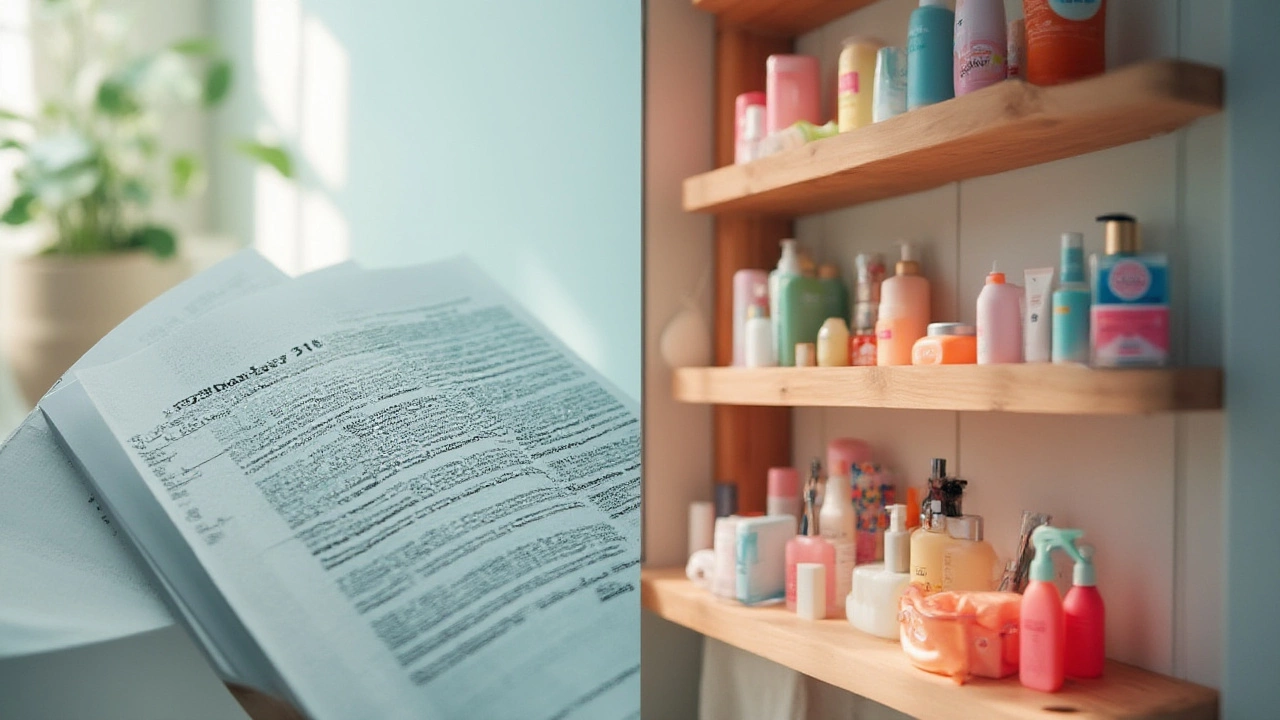Cosmetics Definition – What Really Counts as a Cosmetic?
Ever opened a shampoo bottle and wondered if it’s a cosmetic or a drug? You’re not alone. The word “cosmetic” gets tossed around for everything from lip balm to hair dye, but the legal definition is surprisingly clear. Knowing the exact meaning helps you choose products that match your needs and stay on the right side of regulations.
In the UK, a cosmetic is any substance or mixture that you apply to your body for the purpose of cleaning, beautifying, promoting attractiveness, or altering the skin’s appearance. It does not include products meant to treat or prevent disease – those fall under medicines. So, when you spray a fragrance or swipe on a lipstick, you’re using a cosmetic. When you apply a medicated cream for eczema, you’ve stepped into the medicine world.
Common Types of Cosmetics
Cosmetics cover a huge range of items. Here are the main groups you’ll see on store shelves:
- Skin care – moisturizers, toners, serums, sunscreen. Anything that touches your face or body to improve texture or protect it.
- Makeup – foundation, mascara, lipstick, eyeshadow. Products designed to add colour or definition.
- Hair care – shampoo, conditioner, styling gels, hair spray. Even hair dyes count, as long as they aren’t marketed for treating scalp conditions.
- Fragrances – perfumes, body sprays, deodorants (when used for scent rather than odor control).
- Nail products – polish, nail strengtheners, cuticle oils. They fit the beautifying purpose rule.
Each category follows the same basic rule: its main job is to enhance appearance, not to diagnose or cure a health problem.
How Regulations Define Cosmetics
The UK follows the EU Cosmetics Regulation (EC) No 1223/2009, even after Brexit. That regulation sets safety standards, ingredient lists, and labelling requirements. A product must be safe for normal or reasonably foreseeable use, and the label must list every ingredient in descending order of weight.
If a product claims to do something like “reduce acne overnight,” it’s crossing into medicinal territory and would need a medicine licence. That’s why you’ll see phrases like “helps to improve the look of skin” rather than “treats acne.” The wording matters a lot for compliance.
For consumers, the key takeaway is to read the label. If the claims sound therapeutic, double‑check whether it’s a cosmetic or an over‑the‑counter medicine. You can also look for the “Cosmetics” symbol—a small stylised ‘C’ inside a circle—on packaging, which signals the product meets UK regulations.
Understanding the definition also helps you navigate the growing “clean beauty” trend. When brands say their product is “non‑toxic” or “organic,” they’re still operating under the cosmetics umbrella, so they must still meet safety tests and labelling rules.
Bottom line: a cosmetic is any product you put on your body to look or feel better, as long as it doesn’t claim to treat disease. Knowing this lets you shop smarter, avoid unwanted side effects, and stay confident that what you’re buying is legally sound.
What is Considered a Cosmetic? Definitions, Examples, and Surprising Facts
Learn what defines a cosmetic, from legal definitions to everyday products, and get helpful tips on smart choices in skincare, beauty, and makeup. Discover surprising facts you won't expect.
